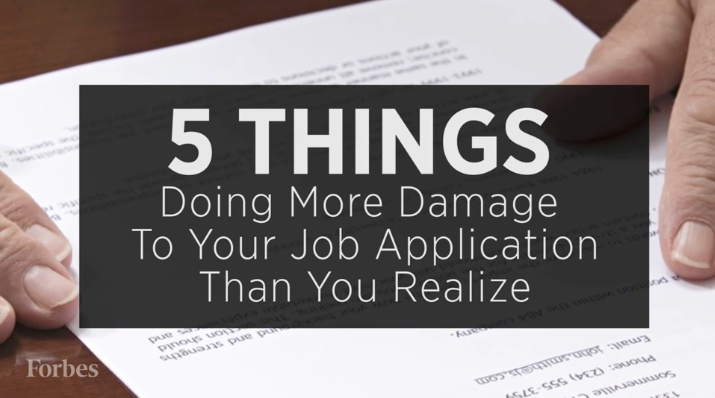
By Alisa Cohn
You, like many of my clients, may be feeling plenty of career turbulence now. And if you’re a twentysomething just starting out, that might be even more intense as you take a look into a future you can’t plan for.
I turned to Liz Segran whose book, The Rocket Years: How Your Twenties Launch the Rest of Your Life, is a guide to purposeful exploration early in your life and career. Her book lays out principles to help you look at your choices holistically as you keep in mind the life and career you want to build.
I asked Segran about her advice for people in their twenties now, at a time when life threw them a curveball just as they were about to launch.
“Our twenties are this really important time in our lives when we learn about who we are and what we want from life,” Segran told me. In light of the disruption caused by the pandemic, she has important advice to help you make this a fruitful time in your own rocket years. Her thoughts are targeted to people early in their career, but equally applicable to people of all ages.
Don’t look for your dream career
People in their twenties are concerned that since this is the time in which they are launching their careers, the pandemic will rob them of their important building blocks. However, it’s just the opposite, Segran said. “If you are just starting out in your career you are less likely to have your career disrupted than later stage professionals.”
“It takes about a decade to go from starting your career to finding a job that aligns with your values and your sense of purpose and your identity,” according to Segran. “The time in your twenties is all about trying new things out.”
Instead of bemoaning being off the path you set for yourself, see this as a time of discovery, Segran advised. “Since the job market is so disrupted now anyway, you can take the pressure off of yourself. Don’t think about landing your dream job. Instead, find jobs where you may learn the most because they will teach you certain skills or expose you to certain people.”
For example, some jobs you might have applied for in the past may be cutting back. However, opportunities like working at a restaurant might be possible. You may never have considered this kind of job before, but if you get a position in food service now you might get experiences you would never have had this early in your career, like managing a small team or learning how to handle pressure situations. Or, you could consider an administrative job which would help you learn project management, or even work as a “virtual assistant” for more than one client which will help you learn to balance priorities as well as deal with clients.
“Strategically use every opportunity that you have to learn new skills and more about yourself,” Segran said. “That way when the economy does resume and you do have more options, you have a much clearer sense about what you want to do and what you’ve learned.” You’ll be able to tell future employers a good story of what you accomplished and how you grew in this period, and it may end up putting you ahead.
Make new friends and keep the old
According to Segran, our circle of friends peaks at about the age of about 25. That’s when your social networks collide: you are in touch with friends from college and your hometown while meeting new work colleagues.
As you get older, the number of people you’re in touch with naturally shrinks and you don’t make as many new friends. That’s a natural process because channels – like college – don’t occur naturally, you become more thoughtful about who you want to spend time with, and the pace of your life gets busier.
That’s a dilemma: for long-term happiness and success, it important to both nourish your existing relationships and add new friends. And yet, it becomes harder to do so, compounded now because of restrictions due to the pandemic.
Segran suggests ways to work around this while we are still social distancing. “The data shows that the way we get from being acquaintances to being friends is through multiple unplanned casual interactions,” she said. “We see people at parties or meet them at the gym or sit next to them all the time. Right now we don’t have the luxury of having unplanned interactions because everything has to be planned.” To mimic more casual interactions, she suggested doing things together while on a video or phone call, like simply making dinner or baking together. Or you can watch a movie with a group over zoom, or play video games together. All of these ideas recreate casual interaction that happens when we’re not living under lockdown.
And don’t forget to bring new people into the mix. When you do convene your friends for virtual cocktails or some other activity, invite people you barely know. You can also ask a friend to invite someone you don’t know at all. Segran also suggested using an app like “house party” where people just join a video gathering of strangers. “It’s more relaxed than a one-on-one facetime call,” Segran said.
Hobbies are no laughing matter
According to Segran, twentysomethings should take up hobbies. You should specifically seek out things that you’re passionate about and not tied to work or family.
“There’s a lot of evidence that our passion projects, our hobbies are crucial to our lifelong happiness,” she said. “People who have hobbies tend to be happier in general, tend to be more productive at their jobs, and as they get older stave off cognitive decline.” And, most people tend to stick with the hobbies that they begin earlier in life.
Not only that but our hobbies can sometimes lead to a new career. For example, Rizwan Virk recently told me how the founders of Guitar Hero started their business borne out of their passion for music and video games.
With our lives still disrupted, some people in their twenties have more pockets of free time that they used to use commuting to work or socializing with friends, and they don’t yet have kids. An investment in learning an instrument or a craft or building your skills in a sport you can do by yourself will pay off down the road.
None of us can change the external landscape. But all of us can intentionally use this time to lay the foundations for a happy and productive future.







